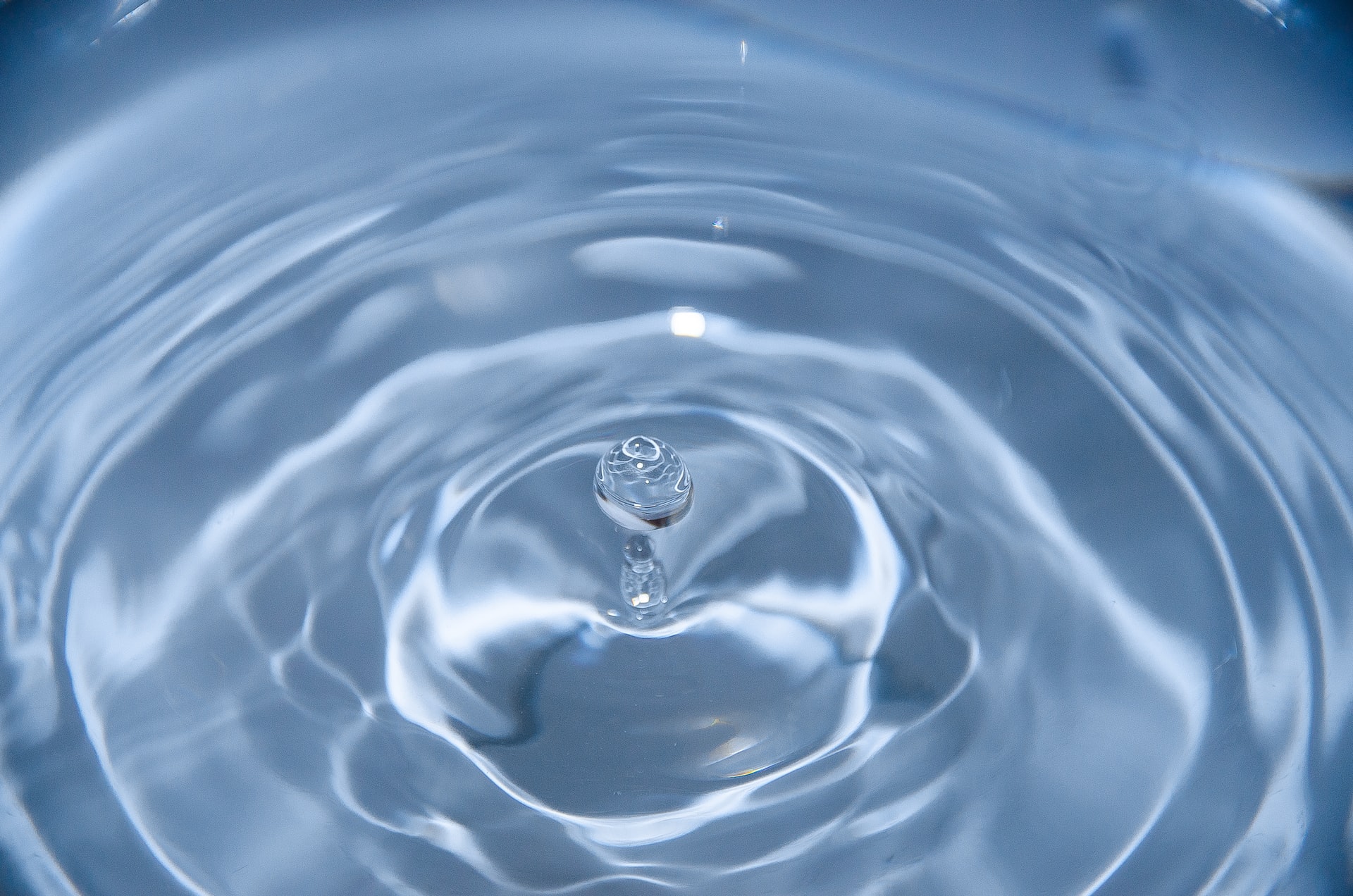Why You Should Not Drink Water Before Bed
From doctors to fitness experts, the advice to drink water comes from various walks of life. It is for good reason too: Drinking water provides your body with the hydration it needs to maintain crucial function.
But even if you follow this habit like you are supposed to, you should avoid it before bedtime. Curious about why you should avoid water before bed? Here’s why you should not drink water before bed.
Drinking Water Before Bedtime Can Affect Your Heart
The best way to keep yourself hydrated is by drinking water whenever you feel thirsty. This method typically does not pose a problem for you to get your regular water intake.
But if you don’t have the habit of drinking water, you can remind yourself to drink 4-6 cups of water a day or speak to your physician for your individualized water intake advice.
However, if you continue drinking water right until your bedtime, this healthy habit can actually work against your well being. It is because when you drink water too close to your bedtime, it can disturb your sleep.
This happens when excess urine fills your bladder and leads to a rise in adrenaline during your sleep. In turn, this causes you to wake up, lose your sleep, and creates problems in going right back to bed.
Besides affecting your comfort, this sleep interruption keeps your body from resting for the 7-8 hours that it needs for optimal function. A continuous repetition of this cycle paves the way for issues such as hormone imbalances and heart disease.
When to Stop Drinking Water for the Day
After learning why you should not drink water before bed, you may want to know exactly what should be the cut off time for your water intake for the day.
The answer is simple: Similar to the rule of having no caffeine a few hours before bed, you should stop drinking water for the day at least 3 hours before your usual bedtime.
While you should adopt this tip for your everyday routine, there are exceptions to the rule. These include but are not limited to times where you feel exceptionally thirsty or sweat too much after physical activity.
For personalized hydration advice, you should speak to your physician. This makes sure that you are making these decisions according to your medical history and current state of health. What do you think? Have you experienced this in the past?

